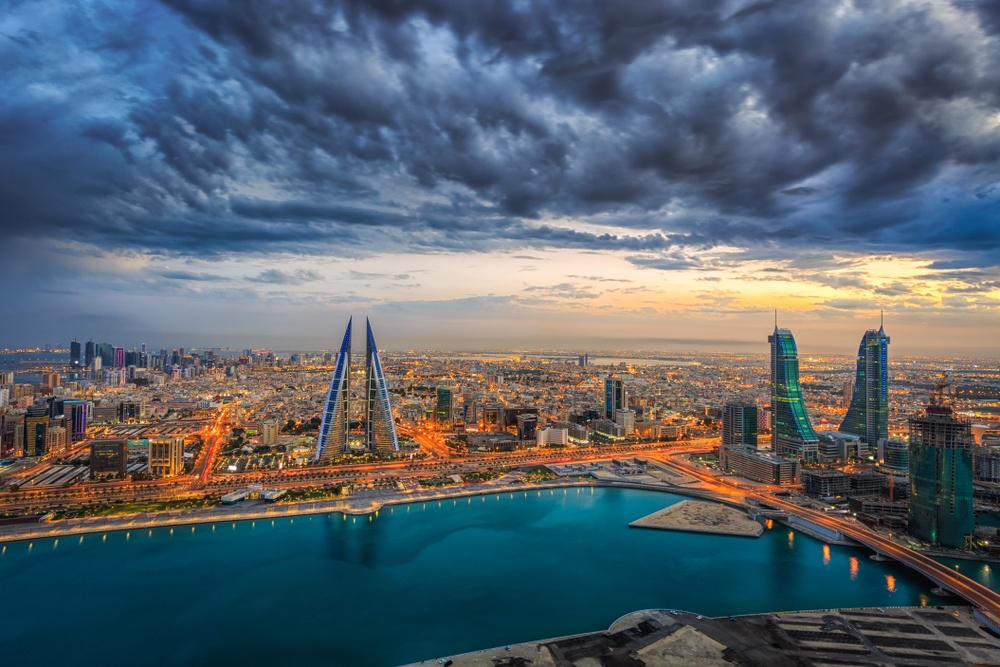Bahrain Becomes First Arab Nation to Comprehensively Regulate Bitcoin

Bahrain's central bank is taking the lead among Arab nations in regulating crypto-assets like bitcoin. | Source: Shutterstock
A couple months ago, CCN.com reported that Bahrain had completed its draft regulations for cryptocurrencies.
The Arab nation has now completed its finalized version of the same, and it hasn’t noted much change in its positive disposition. According to a post on the Central Bank of Bahrain’s website, the country is now a safe place to do business crypto assets.
Khalid Hamid, the director of Banking Supervision, says:
The CBB’s introduction of the rules relating to crypto-assets is in line with its goal to develop a comprehensive rules for the FinTech eco-system supporting Bahrain’s position as a leading financial hub in the MENA region.
Currently, the complete rules of the country are not available online. However, the bank’s website notes that the regulations require “enhanced” due diligence. Custodial wallets in the country have to ensure that wallets are never irretrievable as well as insure assets in their custody. Interestingly, the regulations demand that crypto operations to ensure the education of clients. This speaks to the both the unique nature of the crypto space and the unique operating environment.
Questions Around New Regulations
Could an exchange be seen in violation of regulations if clients lose money and claim a lack of understanding? Seems unlikely but possible with the language available to us.

Bahrain officials have previously praised blockchain technology, with Dr. Abdulhussain Mirza, Minister of Electricity and Water Affairs, saying:
Technologies such as blockchain take us a huge step forward in finding a secure way to facilitate transactions. Blockchain’s ability to protect user’s data is a true mark of progress, because it can be applied in different companies from different industries including cybersecurity.
The island nation joins several others in the region who are looking at future economic prospects. A “post-oil” world is some decades off yet. But countries with a high reliance on oil production have a unique incentive to build technological industries. Blockchain offers new opportunities for economic growth as well as the potential to create financial systems independent of the global financial system, which occasionally makes life difficult for middle eastern businesses.
The UAE and Saudi Arabia are working on a cross-border payment solution. Home to Dubai, the UAE plays host to several other blockchain initiatives as well. Dubai is a hub of Arab finance, and several exchanges and crypto companies have set up shop there, including Ripple.
Meanwhile, Iran, which constantly faces problems with sanctions, has launched its own cryptocurrency for international payments. Countries that do business with Iran have trouble getting money into the country. This is thanks to the architecture of legacy payment solutions like SWIFT. This reporter has previously speculated on how successful the digital version of the rial will (or won’t) actually be.